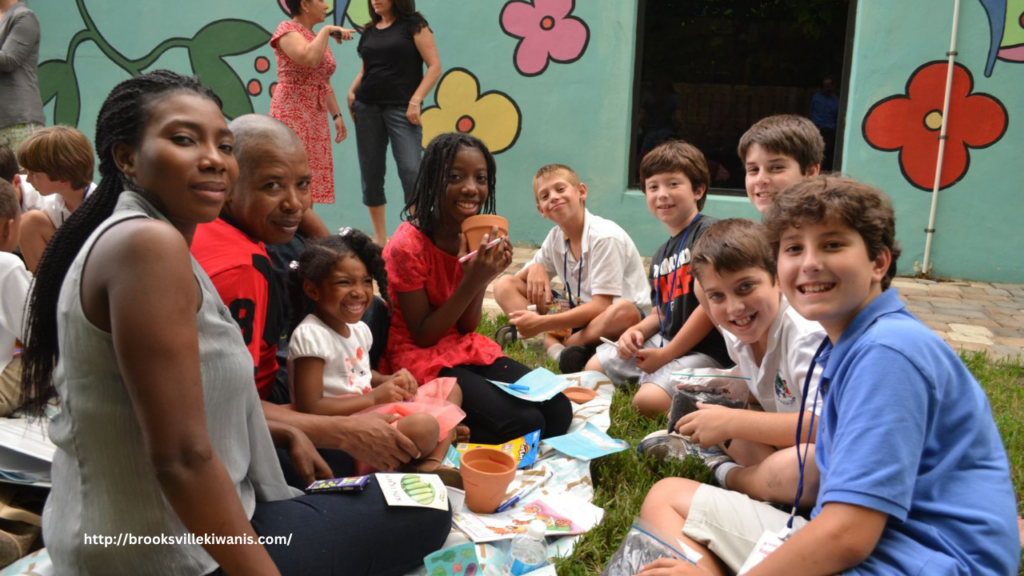Building Resilient Communities: Expanding Mental Health Support for Florida’s Youth

Mental health challenges among children and adolescents in Florida have been on the rise, exacerbated by social pressures, economic disparities, and the lingering effects of the COVID-19 pandemic. Addressing these challenges requires a comprehensive, community-driven approach to ensure that every child has access to the support and resources they need. By expanding mental health support through schools, local organizations, and public initiatives, Florida can build more resilient communities that prioritize the well-being of their youngest members.
The Growing Need for Mental Health Support
According to recent studies, nearly one in five children in the U.S. experiences a mental health disorder, yet many do not receive the care they need. In Florida, a shortage of mental health professionals, limited resources in low-income communities, and the stigma surrounding mental health have further hindered access to care. Without early intervention, these issues can lead to long-term consequences, including academic struggles, behavioral problems, and an increased risk of substance abuse.
Expanding School-Based Mental Health Programs
One of the most effective ways to reach children in need is through school-based mental health services. Florida has made significant strides in incorporating mental health education into school curriculums, but more needs to be done. Schools should provide accessible counseling services, peer support groups, and teacher training programs that help educators recognize early warning signs of mental distress.
Additionally, increasing partnerships between schools and mental health professionals can bridge the gap between education and healthcare. By embedding mental health specialists within schools, students can receive timely interventions in a familiar and supportive environment.
Strengthening Community Partnerships
Building resilient communities requires collaboration among local governments, non-profit organizations, healthcare providers, and families. Community centers, religious organizations, and after-school programs can serve as safe spaces where children and adolescents can receive support outside of school.
Non-profits and advocacy groups in Florida are playing a crucial role in promoting mental health awareness and providing resources for families. Initiatives such as youth mentorship programs, mental health awareness campaigns, and free counseling services have proven to be invaluable in fostering a culture of care and resilience.
Reducing Stigma and Encouraging Open Conversations
Despite the progress made, mental health stigma remains a significant barrier to seeking help. Many children fear judgment from their peers or feel ashamed to talk about their struggles. Encouraging open conversations about mental health through community events, social media campaigns, and school initiatives can help normalize seeking support.
Parents and caregivers also play a vital role in fostering emotional resilience in children. Providing them with resources and education on mental health can help them support their children in meaningful ways.
Investing in the Future
Expanding mental health support for Florida’s youth is not just a moral imperative—it is an investment in the future. Resilient children grow into resilient adults, contributing to healthier, stronger communities. By prioritizing early intervention, strengthening community partnerships, and breaking the stigma, Florida can create a more supportive environment where every child has the opportunity to thrive.
Building resilient communities requires commitment from all sectors of society. With continued efforts and collaboration, Florida can pave the way for a brighter, healthier future for its youth.
